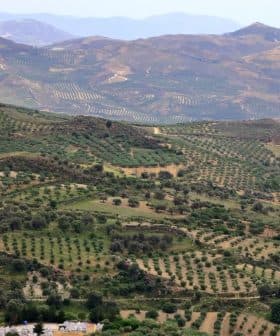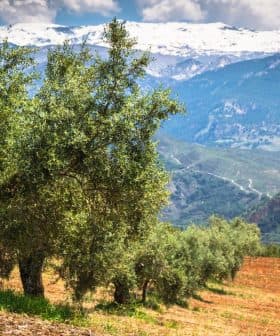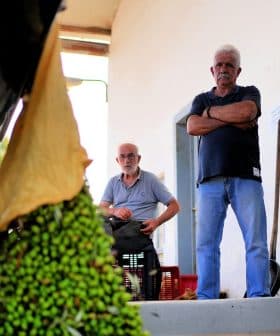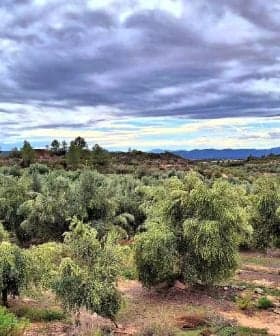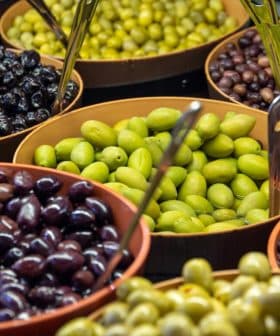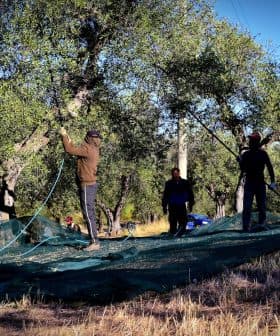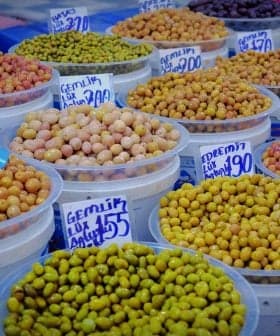Greek Table Olive Exports Slowing Down
Low output, setbacks in quality and higher prices are leading foreign buyers to look elsewhere.
International buyers are turning down deals with Greek table olive companies due to low output, quality setbacks, and higher prices, leading to a 15 percent drop in exports compared to the same period last year. The decrease in exported quantities is impacting various olive varieties, with stakeholders concerned about the future of the sector and the potential impact on those employed in the industry.
International buyers have been turning down deals with Greek table olive companies. Low output, setbacks in quality and higher prices are leading foreign buyers to look elsewhere.
The drop in table olive exports in the last two months which stands at 15 percent compared to the same period last year, has raised the concern of stakeholders of the sector and may have an impact for a number of partners as well as those employed in the industry.
The fall in exported quantities concerns both the green olives of the Halkidiki and Kalamon as well as of the Konservolia variety both Spanish and black oxidized as well as the natural black type.
As for the green Halkidiki olives, this year’s reduced production resulted in a significant rise in the price of the product. International markets, however, are not responding to the higher selling prices, leading large buyers to look abroad and eventually turn to other countries, mainly Spain, Turkey and Egypt rather than close deals with Greek companies.
In addition, the imposition of U.S. tariffs on oxidized olives of Spanish origin results in a reduction in Spain’s exports to the USA (around 40 percent) and the promotion of Spanish products at very competitive prices to other overseas markets where Greek olives are sold.
Concerning the Konservolia, the very small production of the black natural olive results in traditional markets such as Italy not being served. With the Kalamata variety, the largest part of this year’s abundant production (60,000 to 70,000 tons) is kept in storage by the olive growers across the main producing areas of Aitoloakarnania, Lakonia and Fthiotida. Growers are seeking to fetch higher prices despite the fact that current prices are the best recorded in recent years.
Large traditional importers of Kalamon variety olives such as the United States, Canada, Australia and Saudi Arabia are not accommodating the increase in prices and are opting for alternative sources such as Egypt and Turkey. Market sources show concern over the successful sale of this year’s production given the delays that are recorded in the closing of deals and shipments of the product.
There are also problems of quality for growers of the Kalamon variety due to the increased damage by the olive fruit fly in Greece. The government agencies responsible for carrying out programs for the control of the olive fruit fly populations are being urged to take steps to ensure this year’s problems do not recur in the future.
Olive Oil Times and the Greek publication Agronews are working together to bring you agricultural news from Greece.


